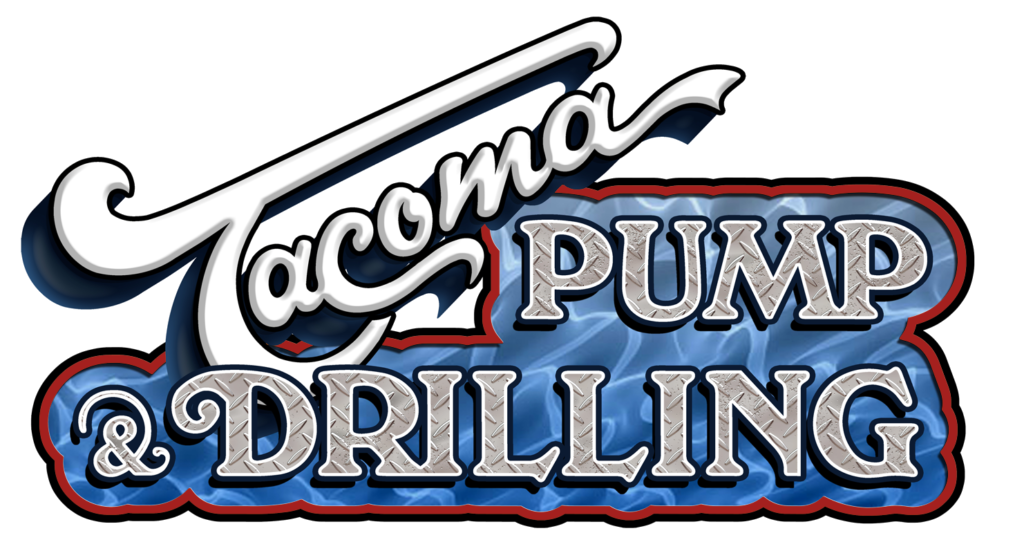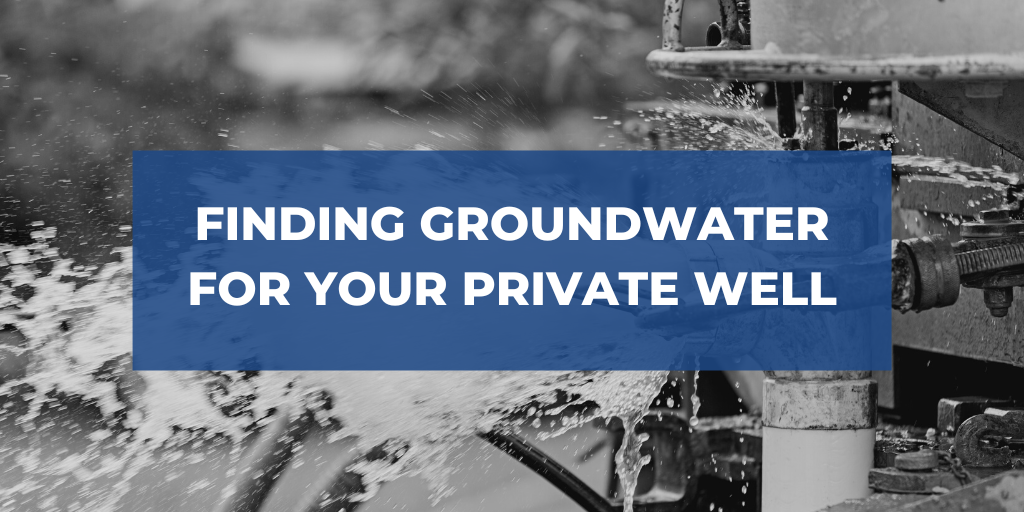There is a lot that goes into drilling a private water well. We’ve often shared the details of how to prepare your property, optimal well location, and WA State requirements. However, another common question is: how do you determine if there is groundwater available for your well?
Every state and region is unique. States are typically divided into watersheds that have different regulations depending on the climate. Groundwater is also largely impacted by the weather. If you live in Washington, read on to learn how to determine if your property has groundwater access for a private well.
Understanding Washington State Watersheds
According to the WA State Department of Ecology, water supply is dependent on three things: snowpack, rainfall, and temperature. Water availability, on the other hand, is dependent on the watershed where you reside.
Property owners in Eastern Washington, for example, may have different water rights and water availability than in some parts of Western Washington. This is due to the large agricultural activity in the east, as well as differences in weather and temperature.
Because of these differences, regions are divided into different watersheds. These are also known as your Water Resources Inventory Area (WRIA). There are 62 WRIAs in Washington, and finding yours is as simple as using the state watershed locator.
Why is finding your watershed important? Locating your WRIA helps you determine water availability, regulations, and more in your area. If you are hoping to add a water well to your property, then this is the first step to determining if (and how much) groundwater is available on your land.
How Much Water Will You Need?
Another factor to consider in your search for groundwater is how much water you will use on your property.
Typically, installing a well on your Washington State property requires a permit, unless you plan to pump less than 5,000 gallons of water per day (i.e. your well is only for household use). If you fall into this category, you get a groundwater permit exemption. Knowing how much water you plan to use helps the state determine the water availability in your watershed. Adding a private household well has a very different impact than a well used for agricultural purposes. As stated by the Department of Ecology, “Due to Washington’s varied land uses, hydrology, and precipitation levels, the amount of water available for new water right permits varies dramatically across the state.”
Finding your watershed and determining your planned water usage will help get you one step closer to finding groundwater on your land.
Locating Groundwater For Your Private Well
Once you know your watershed and general water availability in your area, the next step is to determine where you may have access to groundwater on your property.
Drilling a private well on your land requires many considerations. We’ve created a list of well drilling resources to help make that process easier for you! But before you drill, how do you know if you will access water?
Below are the top two ways to determine if your property has access to groundwater for a private well.
Check For Neighboring Wells
One of the fastest ways to find available groundwater is to research the other wells in your area. Does your property have an old or abandoned well? Do your neighbors have wells that are currently in use?
Finding local well data helps you know two important facts about your property: how deep the water table is; and whether or not the water is safe for use.
Apart from interviewing your neighbors, you can get in touch with your local health depeartment to learn more about the health and safety of your groundwater. Washington groundwater resources are also available to help you find well locations, depth, and owner information.
Hire a Hydrologist
The most accurate way to find groundwater on your property is to hire a hydrologist. Hydrologists looks at the geology and topography of an area to find the best location to tap into groundwater.
According to the United States Geological Survey, hydrologists use a combination of scientific research and gathering information about the wells in a specific area. If there isn’t enough data in your area, they may also work with a well driller to put down test holes to determine the depth and quality of the groundwater.
Contact us for a full list of our recommended hydrologists in Washington State. We work with hydrologists regularly and would be happy to recommend one for your specific needs.
Adding a Private Well to Your Property
Drilling a private well on your property can feel complicated, but we’re here to help simplify the process. Thanks to our beautiful climate, many mountain ranges, and sufficient rainfall, property owners typically enjoy sufficient groundwater access in Washington State.
Knowing your property’s history, as well as the locations of wells in your area, goes a long way in helping find the best location to drill and access groundwater. If you have any questions about drilling a private well, please contact us before you schedule your drilling services. We look forward to helping you locate all the resources you need to get the most out of your private well.

